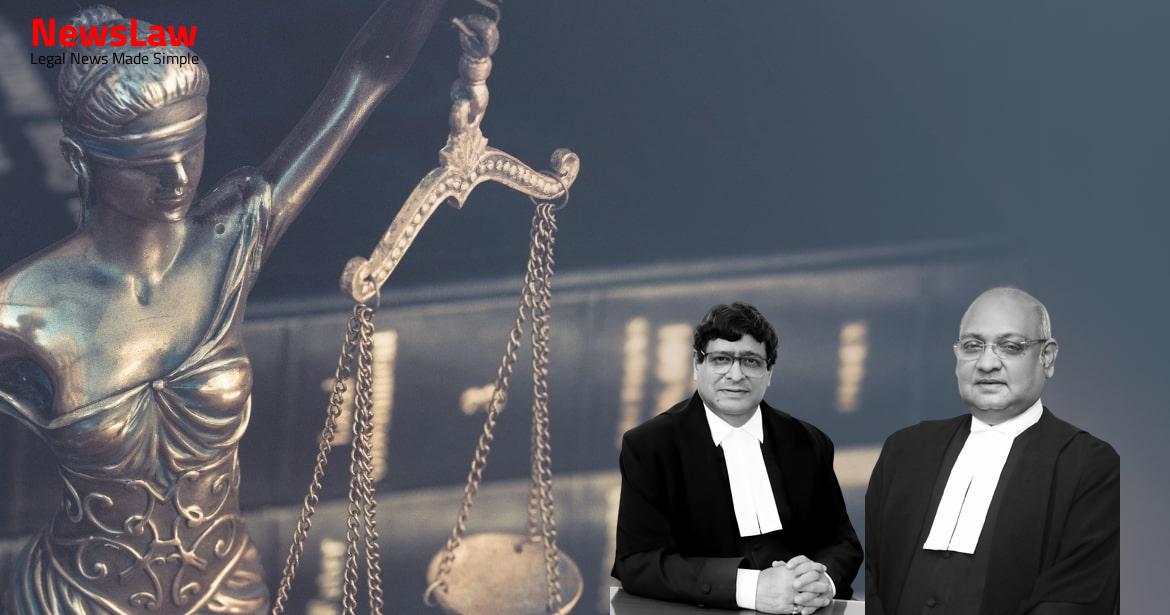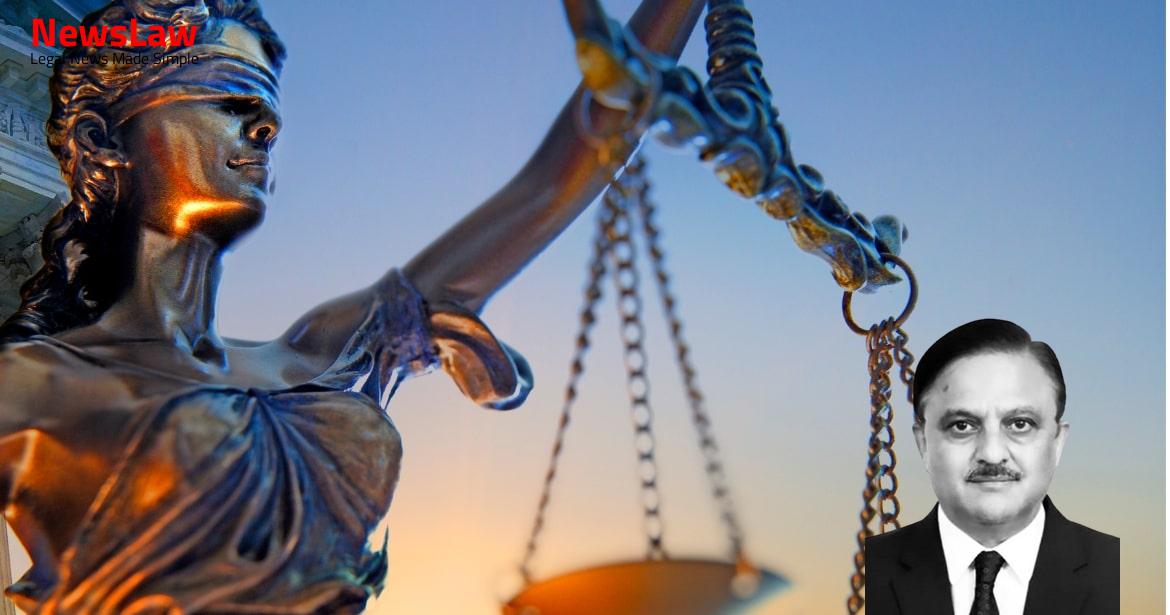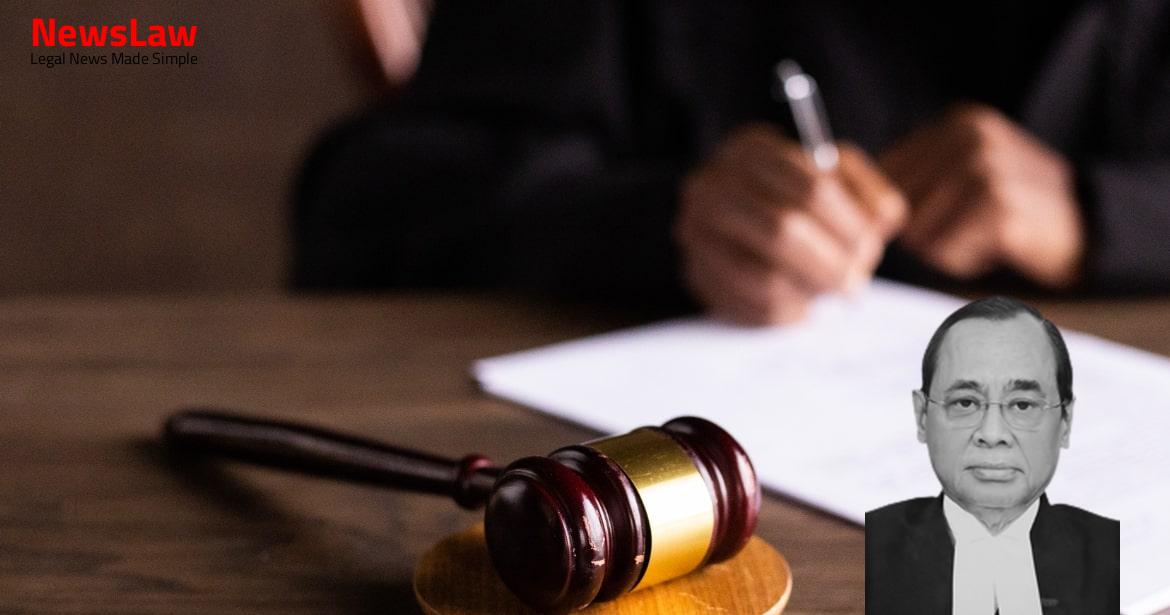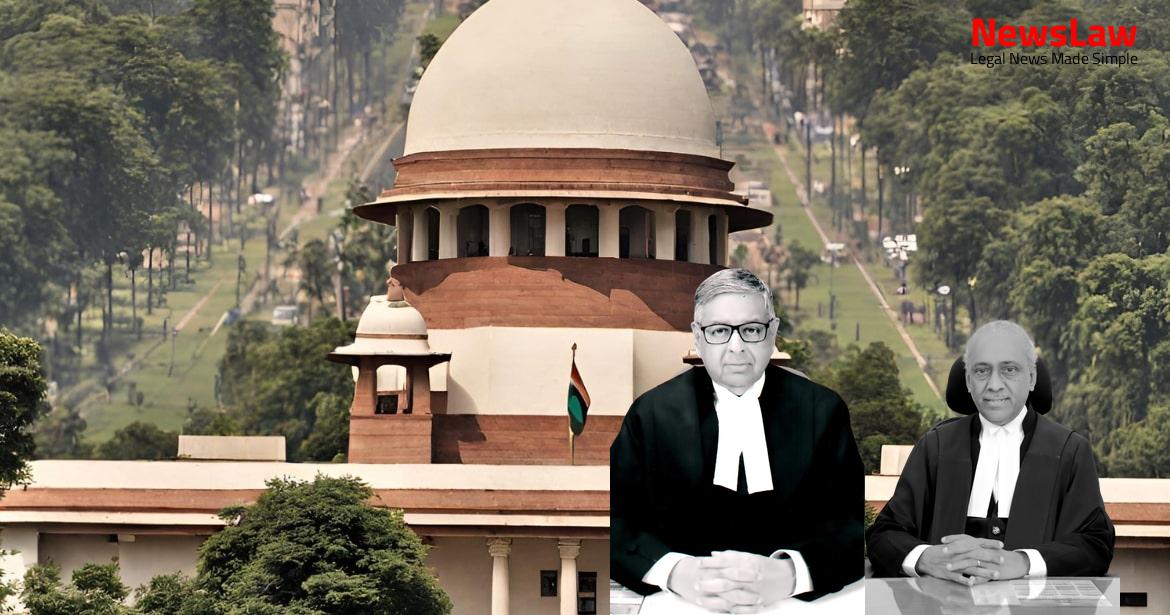The appellant (State Bank of India) has challenged the judgement dated 13.01.2020 passed by a Division Bench of the Delhi High Court in ITA No 05/2020 which has dismissed the appeal filed by the appellant and upheld the order passed by the Income Tax Appellate Tribunal (ITAT) dated 09.07.2019, holding the appellant as an assessee in default for the Assessment Year (AY) 2013- 14, for not deducting TDS of its employees.
Also Read: https://newslaw.in/supreme-court/standing-orders-vs-cca-rules-a-legal-analysis/
It was also not the shortest route, consequently, according to the Revenue this was not a travel from a designated place within India to another designated place in India and thus it was in violation of the statutory provisions and hence the payment made to its employees by the Bank could not be exempted, and the Bank ought to have deducted Tax at source, while making this payment. Vishwanathan, would argue that though the travel made by its employees under LTC did involve a foreign leg and admittedly a circuitous route as opposed to the shortest route was taken, yet two things go in favour of the employees.
Let us first take Section 192(1) of the Act which casts a statutory duty on the employer to deduct Tax at source from the salary of its employee “192(1)
Any person responsible for paying any income chargeable under the head “Salaries” shall, at the time of payment, deduct income-tax on the amount payable at the average rate of income-tax computed on the basis of the rates in force for the financial year in which the payment is made, on the estimated income of the assessee under this head for that financial year.”
(1) Where any person, including the principal officer of a company,— (a) who is required to deduct any sum in accordance with the provisions of this Act; or (b) referred to in sub-section (1A) of section 192, being an employer, does not deduct, or does not pay, or after so deducting fails to pay, the whole or any part of the tax, as required by or under this Act, then, such person, shall, without prejudice to any other consequences which he may incur, be deemed to be an assessee in default in respect of such tax: Provided that any person, including the principal officer of a company, who fails to deduct the whole or any part of the tax in accordance with the provisions of this Chapter on the sum paid to a payee or on the sum credited to the account of a payee shall not be deemed to be an assessee in default in respect of such tax if such payee- (i) has furnished his return of income under section 139 ; (ii) has taken into account such sum for computing income in such return of income; and (iii) has paid the tax due on the income declared by him in such return of income, and the Section 10(5) which exempts payments received as LTC with which we are presently concerned. (1) The amount exempted under clause ( 5 ) of section 10 in respect of the value of travel concession or assistance received by or due to the individual from his employer or former employer for himself and his family, in connection with his proceeding,— (a) on leave to any place in India; (b) to any place in India after retirement from service or after the termination of his service, shall be the amount actually incurred on the performance of such travel subject to the following conditions, namely :— [(i) where the journey is performed on or after the 1st day of October, 1997, by air, an amount not exceeding the air economy fare of the national carrier by the shortest route to the place of destination; (ii) where places of origin of journey and destination are connected by rail and the journey is performed on or after the 1st day of October, 1997, by any mode of transport other than by air, an amount not exceeding the air- conditioned first class rail fare by the shortest route to the place of destination; and (iii) where the places of origin of journey and destination or part thereof are not connected by rail and the journey is performed on or after the 1st day of October, 1997, between
The matter was hence examined by the Assessing Officer who was of the opinion that the amount of money received by an employee as LTC is exempted under Section 10(5) of the Act, however, this exemption cannot be claimed by an employee for travel outside India which has been done in this case and therefore the assessee- employer defaulted in not deducting tax at source from this amount claimed by its employees as LTC.
It was held that the amount received by the employees of the assessee employer towards their LTC claims is not liable for the exemption as these employees had visited foreign countries which is not permissible under the law.
A conjoint reading of the provisions discussed herein with the facts of this case cannot sustain the argument of the appellant that the travel of its employees was within India and no payments were made for any foreign leg involved.
It has already been clarified above, that in view of the provisions of the Act, the moment employees undertake travel with a foreign leg, it is not a travel within India and hence not covered under the provisions of Section 10(5) of the Act.
Also Read: https://newslaw.in/supreme-court/scope-of-judicial-scrutiny-in-referral-to-arbitration/
It is for this reason that the 6 Pay Commission rejected the demand of paying cash compensation in lieu of LTC and also rejected the demand of foreign travel. The appellant cannot claim ignorance about the travel plans of its employees as during settlement of LTC Bills the complete facts are available before the assessee about the details of their employees’ travels. In conclusion we do not find any reason to interfere with the order passed by the Delhi High Court.
Case Title: STATE BANK OF INDIA Vs. ASSISTANT COMMISSIONER OF INCOME TAX (2022 INSC 1165)
Case Number: C.A. No.-008181-008181 / 2022



